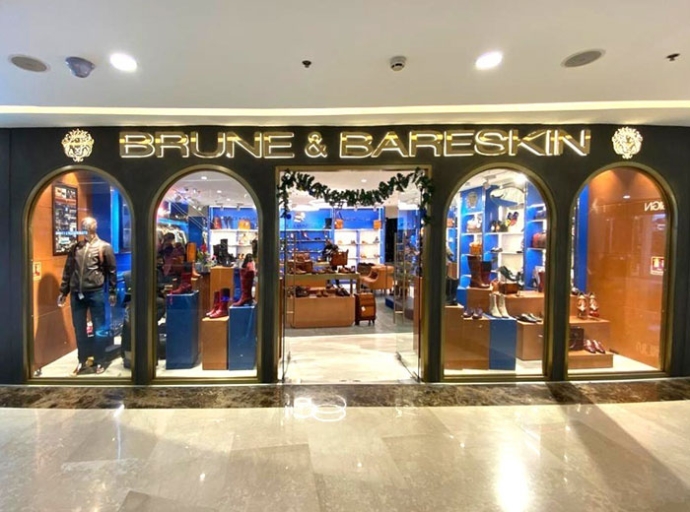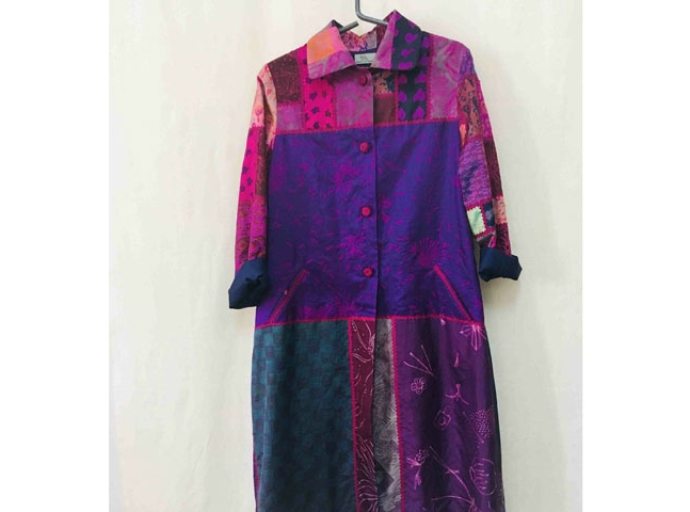24 December 2021, Mumbai:
Among the various trends that have taken over the fashion market, 'customized tailoring certainly tops the chart. It has gained much popularity, particularly among the millennials, Gen-Z consumers.
What is Customized Tailoring?
Custom/ customized tailoring as the name suggests is the client's custom stitching of the product. Despite being an old concept, the advent of new technologies in the fashion space, which has enabled the brands to provide customized clothing like t-shirts, hoodies, suits, etc. both in terms of design and size, has led to the segment taking a momentum of its own.
In fact, a lot of start-ups have come up in the last 5 years that are catering to this demand. Bewakoof, Power Sutra, Tailor Store, eSilai, among many others have occupied the online space in recent years that are providing highly personalized and customized clothing for modern consumers.
Most importantly, there is a method to the madness in providing the right customized tailoring.
For instance, most workwear that existed before followed the UK/ US sizes, and the data clearly showed us that the Indian body type is different.
A renowned name in the fashion space, Fablestreet's founder Ayushi Gudwani measured 100+ women to understand the shapes and sizes that are unique to the Indian body type. This process and these body measurements formed the genesis of the 'FS sizing' algorithm.
Gudwani said, "The algorithm is used in two ways — one, where we can optimize our standard size for the Indian customer; and two, a model where a customer can get a tailored garment by inputting only 3 body measurements."
"Till now, we have over 100,000 body measurements and 15 percent of our orders are for customized tailoring. Each order is mapped back to the algorithm to improve our standard sizes and it, thus, gets smarter with every new order we receive," she further stated.
The reason behind the increased demand for customized tailoring is that the apparel preferences of Indian customers are continuously shifting, leaving the retailers and designers on their tiptoes to cater to the latest fashion trends.
Launched in 2020, another fashion brand Power Sutra, which caters to the professional wardrobe requirements of working women in the age group of 18 to 60, has a lot of customers (over 50 percent) that are opting for customized fits versus standard sizes as their different parameters (Bust, Waist, and Hip) fit in different sizes.
"As a custom-made workwear brand, we have adopted a made-to-order business model in which we do not stock our inventory and curate garments in accordance with the measurements requirements of the customers," stated Pooja Malhotra, Founder, Power Sutra.
The company sources its fabric and other raw material from both local and international vendors.
Even legacy brands are getting into the 'customized tailoring' game to address the market need. For example, Raymond’s customized tailoring vertical is called 'Made To Measure’.
"The customized tailoring is rather good for us because we have repeat customers and the success of the format is that we have a lot of customers," said Preeti Chopra, National Head - BD Retail, Raymond Ltd. "Once we have a D2C customer, it is not a challenge to cater to their needs."
Additionally, the brand provides services where the company would call to check if customers need anything and obtain data if the customer has bought an old shirt that needs to be remade.
"It has been good for that format as well," Chopra said.
INDIAN RETAILER (The news article has not been edited by DFU Publications staff)
Dear Reader, we at DFU Publications are committed to providing the latest news updates on trade development and insights, to keep our readers informed. Stay tuned. Subscribe to our newsletter.
DAILY NEWS:
Return to homepage





1_thumbnail.jpg)
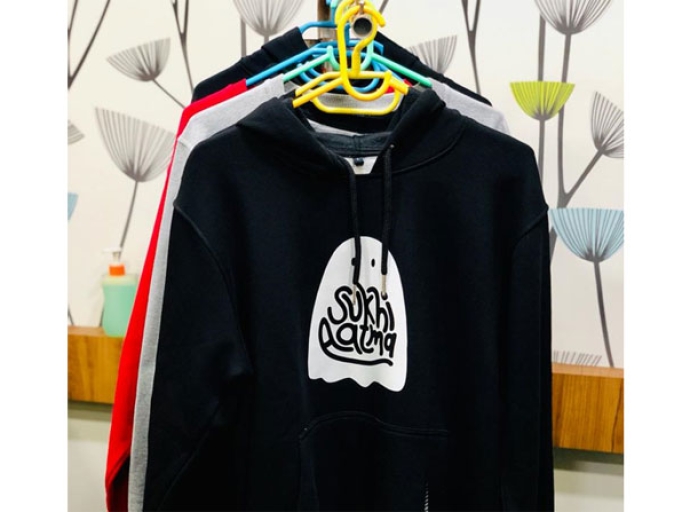
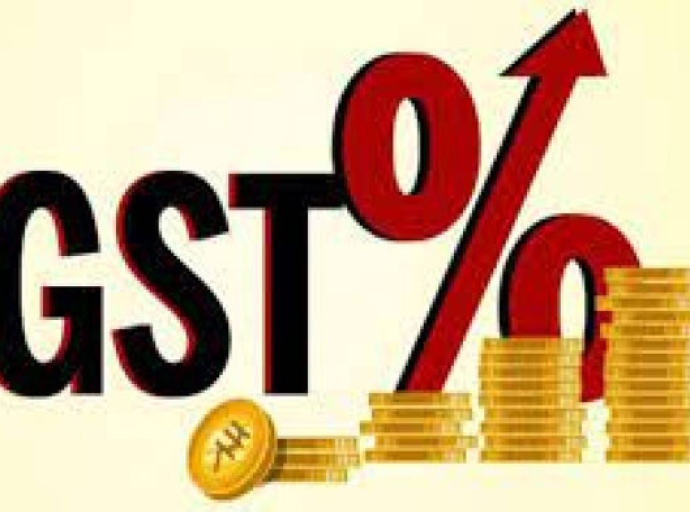

,-Adar-Poonawalla-acquires-stake-in-Wakau-Interactive1_thumbnail.jpg)


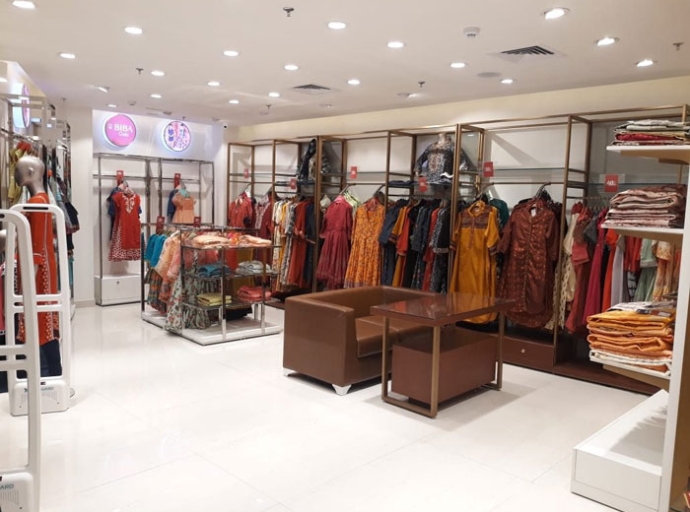
-gets-CISF-order-for-khadi-durries_thumbnail.jpg)
